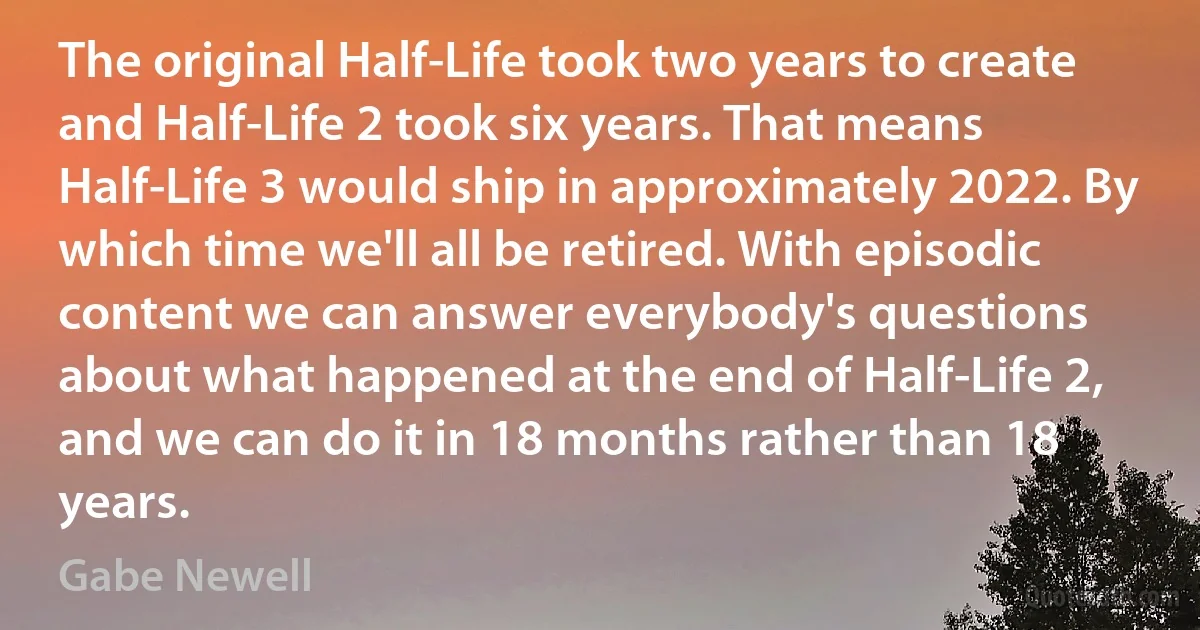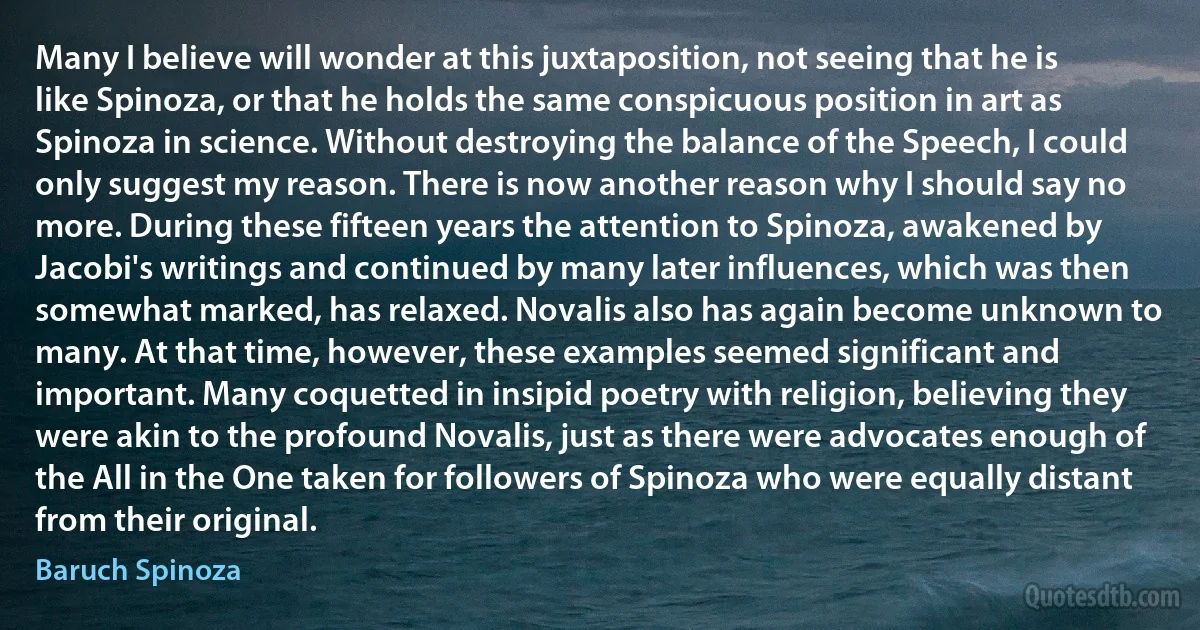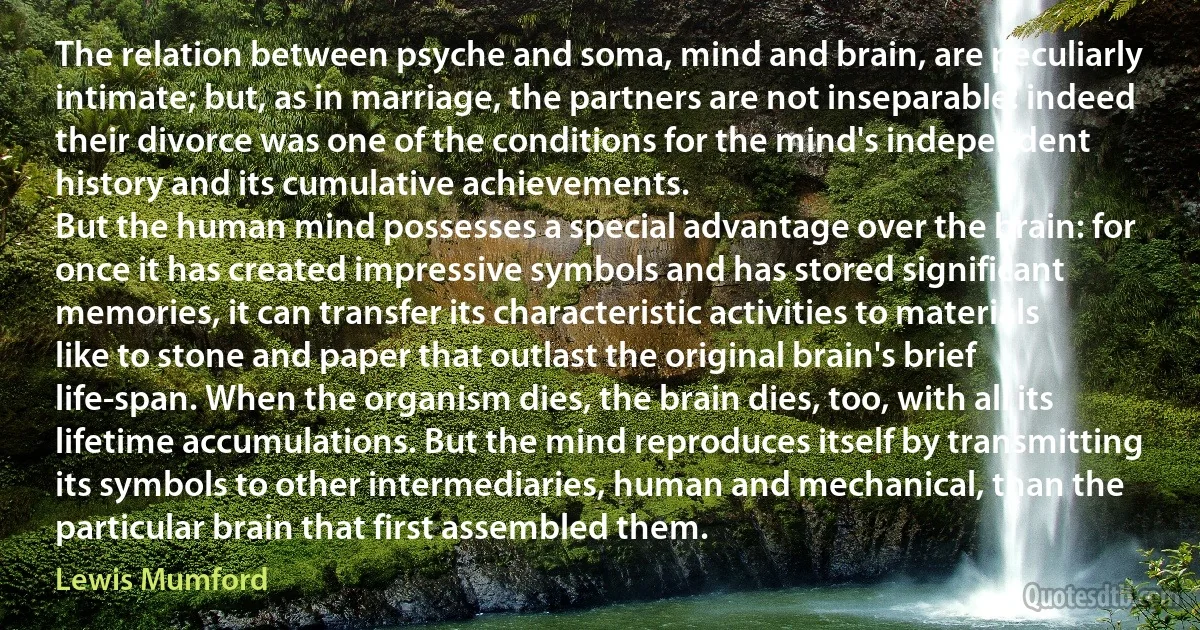Original Quotes - page 66
Claudius Ptolemy's great contribution to astronomy was his famous work the Almagest, which presented formally the astronomical theories of the day that had evolved from the great debates within the different Greek philosophical schools. Claudius Ptolemy freely admitted that he had contributed little original research to the treatise but rather had based his conclusions principally on the work of Hipparchus. ...Ptolemy did not claim that his cosmological model described the actual conditions. It simply reproduced geometrically the observed motions of the known heavenly bodies and enabled their positions to be easily predicted for any particular time. ... Ironically, even when Copernicus' heliocentric theory had replaced the Ptolemaic system, many astronomers used Ptolemy's model to predict the motion of the planets, since its intricate calculations produced more accurate values.

Ptolemy
The rights of men to the use of land are not joint rights: they are equal rights.
Were there only one man on earth, he would have a right to the use of the whole earth or any part of the earth.
When there is more than one man on earth, the right to the use of land that any one of them would have, were he alone, is not abrogated: it is only limited. The right of each to the use of land is still a direct, original right, which he holds of himself, and not by the gift or consent of the others; but it has become limited by the similar rights of the others, and is therefore an equal right.

Henry George
I don't think reparations for something that happened 150 years ago, for whom none of us currently living are responsible, is a good idea. We've, you know, tried to deal with our original sin of slavery by fighting a civil war, by passing landmark civil rights legislation. We've elected an African-American president. I think we're always a work in progress in this country, but no one currently alive was responsible for that. And I don't think we should be trying to figure out how to compensate for it. First of all, it would be pretty hard to figure out who to compensate. We've had waves of immigrants, as well, who have come to the country and experienced dramatic discrimination of one kind or another. So, no, I don't think reparations are a good idea.

Mitch McConnell
...This contrariety between Reason and Necessity, which Spinoza threw out in so strong a light, I, strangely enough, applied to my own being; and what has been said is, properly speaking, only for the purpose of rendering intelligible what follows. [Original in German: Diesen Gegensatz, welchen Spinoza so kräftig heraushebt, wendete ich aber auf mein eignes Wesen sehr wunderlich an, und das Vorhergesagte soll eigentlich nur dazu dienen, um das, was folgt, begreiflich zu machen.].

Baruch Spinoza
...They [the Jews] have had the most painful history of all peoples, not without the fault of all of us, and when one owes to them the noblest man (Christ), the purest sage (Spinoza), the most powerful book, and the most effective moral law in the world. [Original in German: Trotzdem möchte ich wissen, wie viel man bei einer Gesamtabrechnung einem Volke nachsehen muß, welches, nicht ohne unser aller Schuld, die leidvollste Geschichte unter allen Völkern gehabt hat, und dem man den edelsten Menschen (Christus), den reinsten Weisen (Spinoza), das mächtigste Buch und das wirkungsvollste Sittengesetz der Welt verdankt.].

Baruch Spinoza
It seems to me that Spinoza shares the fate of good old Saturn in the fable. The new gods pulled down the sublime one from the lofty throne of knowledge. He faded back into the solemn obscurity of the imagination; there he lives and now dwells with the other Titans in dignified exile. [Original in German: Spinosa, scheint mirs, hat ein gleiches Schicksal, wie der gute alte Saturn der Fabel. Die neuen Götter haben den Herrlichen vom hohen Thron der Wissenschaft herabgestürzt. In das heilige Dunkel der Fantasie ist er zurückgewichen, da lebt und haust er nun mit den andern Titanen in ehrwürdiger Verbannung.].

Baruch Spinoza
You know that I do not share your opinion in this matter. That Spinozism and Atheism are to me two different things. That when I read Spinoza I can only explain him by reference to himself and that if it came to naming a book which, of all that I know, most agrees with my way of seeing things, then I would have to name the Ethics-even though by nature I do not share his way of seeing things. [Original in German: Du weißt daß ich über die Sache selbst nicht deiner Meinung bin. Daß mir Spinozismus und Atheismus zweyerlei ist. Daß ich den Spinoza wenn ich ihn lese mir nur aus sich selbst erklären kann, und daß ich, ohne seine Vorstellungsart von Natur selbst zu haben, doch wenn die Rede wäre ein Buch anzugeben, das unter allen die ich kenne, am meisten mit der meinigen übereinkommt, die Ethik nennen müsste.].

Baruch Spinoza
The fact that the prevailing mood of modern culture was able to transmute the original pessimism of romanticism into an optimistic creed proves the power of this mood. Only occasionally the original pessimism erupts in full vigor, as in the thought of a Schopenhauer or Nietzsche. The subjugation of romantic pessimism, together with the transmutation of Marxist catastrophism establishes historical optimism far beyond the confines of modern rationalism. Though there are minor dissonances the whole chorus of modern culture learned to sing the new song of hope in remarkable harmony. The redemption of mankind, by whatever means, was assured for the future. It was, in fact, assured by the future.

Reinhold Niebuhr
The universal propensity to believe in invisible, intelligent power, if not an original instinct, being at least a general attendant of human nature, may be considered as a kind of mark or stamp, which the divine workman has set upon his work; and nothing surely can more dignify mankind, than to be thus selected from all other parts of the creation, and to bear the image or impression of the universal Creator. But consult this image, as it appears in the popular religions of the world. How is the deity disfigured in our representations of him! What caprice, absurdity, and immorality are attributed to him! How much is he degraded even below the character, which we should naturally, in common life, ascribe to a man of sense and virtue!

David Hume
The search for subversives results in the intimidation of the independent, the original, the imaginative, and the experimental-minded... It discourages the discussion of controversial matters in the classroom, for such discussion may be reported, or misreported, and cause trouble.

Henry Steele Commager
In order to convince the narrator that woman enjoys sex more intensely than man Vatsayana offers a few mythological examples. For example, Lord Shiva "on insulting a procession of barren women was cursed by the women with a change of sex. Later transformed back into his original state but now familiar with both men and women he is said to have dictated Dattaka's text to that great teacher of erotics.

Vātsyāyana
As soon as I arrived at Cornell, I became aware of Dick as the liveliest personality in our department. In many ways he reminded me of Frank Thompson. Dick was no poet and certainly no Communist. But he was like Frank in his loud voice, his quick mind, his intense interest in all kinds of things and people, his crazy jokes, and his disrespect for authority. I had a room in a student dormitory and sometimes around two o'clock in the morning I would wake up to the sound of a strange rhythm pulsating over the silent campus. That was Dick playing his bongo drums. Dick was also a profoundly original scientist. He refused to take anybody's word for anything. This meant that he was forced to rediscover or reinvent for himself almost the whole of physics. It took him five years of concentrated work to reinvent quantum mechanics. He said that he couldn't understand the official version of quantum mechanics that was taught in textbooks, and so he had to begin afresh from the beginning.

Richard Feynman
I have tried very hard as a novelist to say, "Novels are about individuals and especially larger than life individuals." My protagonists are very feisty characters. And, you know, that there is no one unified story about the immigrant experience or the immigrant passage and what I hope I've done in DESIRABLE DAUGHTERS is show how fractured the responses to that whole odyssey of moving, pulling up your roots from your original country and re-rooting yourself in an adopted country is.

Bharati Mukherjee
If in war, from the beginning of the operations, everything is uncertain except such will and energy as the commander carries in himself, there cannot possibly be practical value for strategy in general principles, rules derived from them and systems built up upon the rules. ... Strategy is a system of expedients. It is more than science, it is the translation of science into practical life, the development of an original leading thought in accordance with the ever-changing circumstances.

Helmuth von Moltke the Elder
'I'm sorry,' he said. 'You're Commander Poole, of course. But I'm sure we've never met before.'...He was glad of the encounter, and was pleased to know that Danil was back in normal society. Whether his original crime had been axe-murders or overdue library books should no longer be the concern of his one-time employer; the account had been settled, the books closed.

Arthur C. Clarke
I absolutely enjoy working with Salman because I completely agree with the fact that he is the original rockstar. Nobody else is a rockstar quite like him and there is simply nobody else like him. He's one of the most amazing actors we've got because the way he switches on and switches off with the camera is incredible. He becomes someone else when the camera is on and is somebody else when it's off. He could be joking, playing around and saying something out of this planet before a shot and suddenly, with the lights, he's all there; and that's very difficult for an actor. Salman is a great actor because he can just transform into anybody. Full marks to him. My rapport with him, from the first day has been super. Maybe because we're both alike - truthful, honest - so he and we connect.

Rani Mukerji
He had a reservoir of learning, from which he drew gracefully and effortlessly. But the most marked quality of his judicial and non-judicial writing was not the ability to borrow an apt quotation or to find an idea well expressed by one who had written before him; it was the ability to think brilliantly in original and bold fashion and to express his thoughts in forceful and eloquent English of a style inimitably his own. His writing was pithy and pungent; yet he never sacrificed clarity of thought for a well-turned phrase. He was a master of the paradox; he had a great love of alliteration and his antithetical statements were gems. Yet his wit never descended to the frivolous; it always added a barb to the telling point. His wit was especially telling when turned upon himself or his Court.

Robert H. Jackson
Now as there are, according to Humboldt, one hundred and seventy words in common between the languages of the new and old continents, and many of these are expressive of the most primitive ideas, there is, by Dr Young's calculation, overpowering proof of the original connection of the American and other human families.

Robert Chambers (publisher born 1802)



